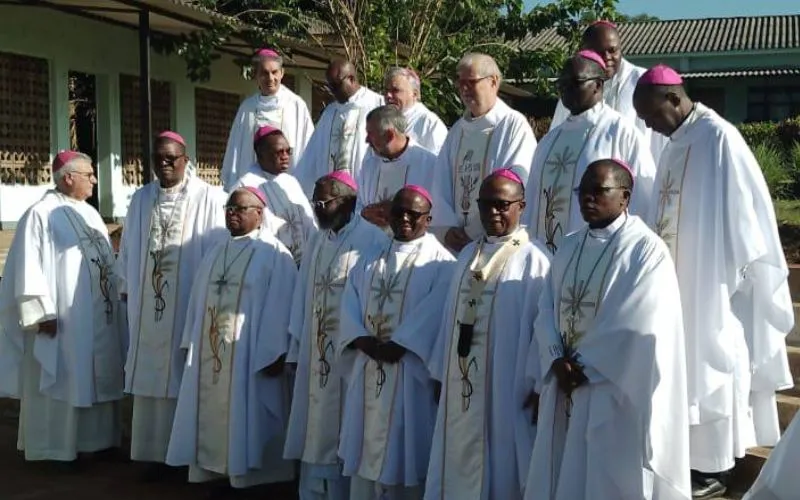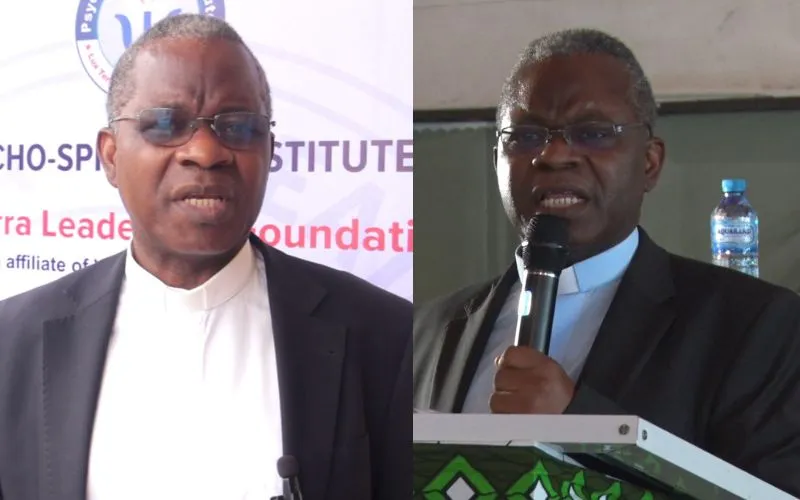Maputo, 19 May, 2025 / 3:45 pm (ACI Africa).
As the people of God in Mozambique prepare to celebrate 50 years of independence in September, the country’s Catholic Bishops are calling for a renewed commitment to reconciliation, healing, and justice.
In a Pastoral Letter issued Monday, May 19, members of the Episcopal Conference of Mozambique (CEM) warn that wounds of past and recent violence still run deep across the Southern African nation and urge Mozambicans to commit themselves to healing them.
“For Mozambique to walk the path of true reconciliation, there must be a commitment to healing the wounds left by years of violence,” CEM members say in their Pastoral Letter titled, “Reconciliation and Hope: A Path to Peace and Unity”.
True reconciliation, they note, “must not be seen as a mere act of forgiveness, but as an ongoing practice of restoring relationships and building mutual trust.”
“The Church calls for the wounds of the past to be addressed openly, without hiding the injustices that occurred, in order to foster a genuine healing process,” they say.





